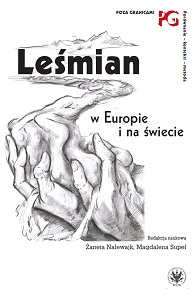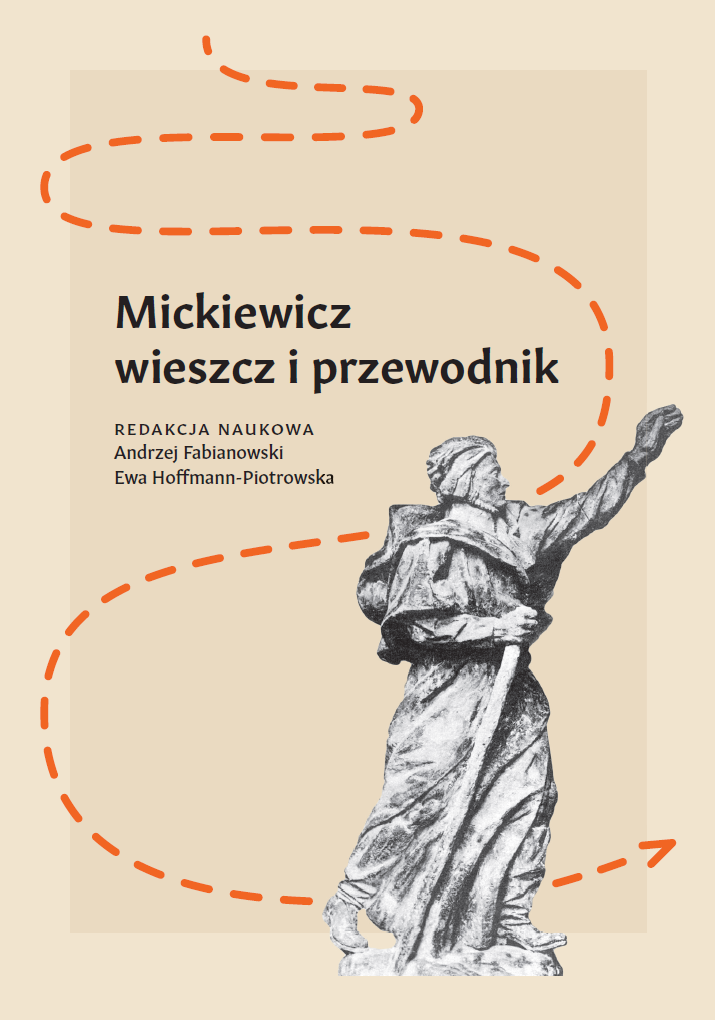
„I czy jest On w niebiosach, czy też nie ma Go wcale?” Bolesław Leśmian na tle duchowego dziedzictwa mistyki żydowskiej
The text analyzes selected poems by Bolesław Leśmian in the context of their (possible) references to the cultural heritage of Judaism, especially to the Jewish religious and, above all, mystical tradition. Attention is primarily focused on the following issues: Kabbalah as a literary motif presented in the works of Leśmian, author’s fascination with nothingness and imperfect, invalid forms of existence (including a golem as an image of an the imperfect creation), images of God/god in the poetry of Bolesław Leśmian.
More...
